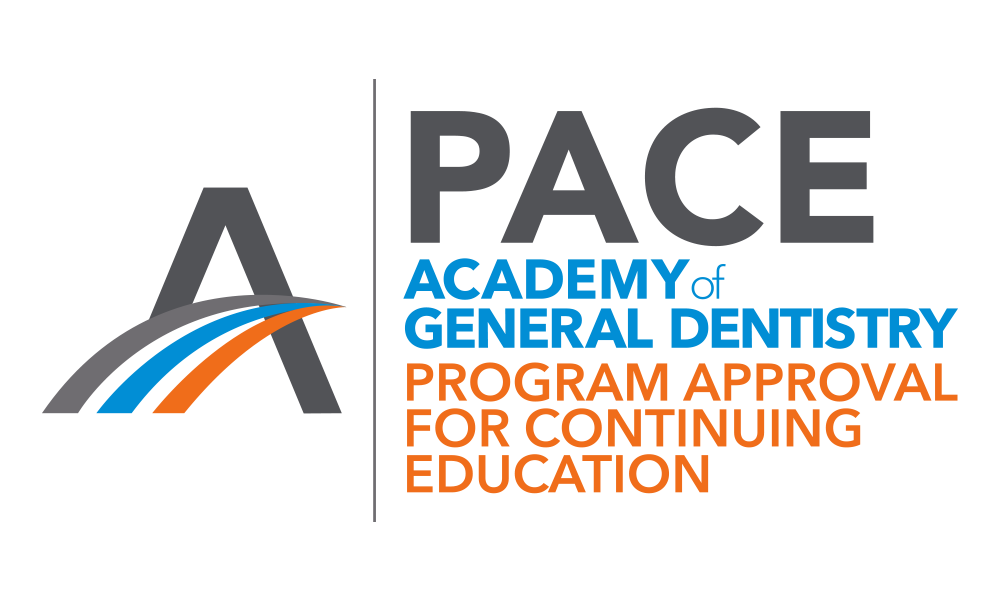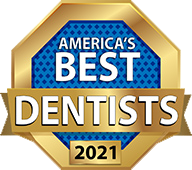Maintaining optimal periodontal health is essential, as it has profound implications for overall well-being. Research continues to reveal the significant connections between gum disease and various systemic health conditions, including diabetes, cardiovascular diseases, and pregnancy complications. It is crucial to recognize that addressing gum issues proactively can lead to improved general health outcomes.
For individuals living in Raleigh, choosing a skilled periodontist is key. Experts at Tar Heel Periodontics and Implant Dentistry understand the intricate relationship between mouth health and the rest of the body. This expertise makes Tar Heel a premier choice for those searching for a reliable periodontist in Raleigh.
Numerous studies demonstrate that individuals suffering from gum disease are at a greater risk of developing specific systemic conditions. For example, untreated periodontal disease can lead to inflammation, which may subsequently affect insulin resistance and blood sugar levels, making diabetes management more challenging. Furthermore, the bacteria associated with periodontal disease can enter the bloodstream, potentially contributing to heart disease. Pregnant individuals with gum disease may face complications such as preterm labor and low birth weight, highlighting the importance of comprehensive periodontal care during this crucial time.
Among the numerous positive reviews from patients, one noted, “The staff at Tar Heel Periodontics provided the best experience I’ve ever had with dental care. Their knowledgeable approach to gum health is unparalleled, and it made addressing my concerns feel manageable instead of overwhelming.” This sentiment reflects the commitment to providing an exceptional patient experience, where education and care are at the forefront.
At Tar Heel Periodontics, patients can expect a comprehensive examination and personalized treatment plans. The focus is on not just treating gum disease, but also educating patients on maintaining gum health to prevent potential systemic issues. The team provides a nurturing environment, ensuring that each patient feels valued and informed throughout the treatment process.
In addition to addressing current periodontal concerns, Tar Heel aims to inspire a proactive approach to oral health. By emphasizing the connection between gum health and systemic conditions, patients are encouraged to take an active role in their dental wellness journey. This approach ultimately leads to a healthier mouth and body.
For those searching for a dependable Raleigh NC periodontist, look no further than Tar Heel Periodontics and Implant Dentistry. The dedicated team is here to answer questions, provide expert care, and guide individuals toward a path of improved gum health.
Understanding the importance of gum health is the first step towards better overall health. Individuals are encouraged to reach out for more information or to schedule an appointment to take charge of their periodontal wellness today. For easy scheduling, visit Tar Heel Periodontics.
The information provided on this website is for general informational purposes only and is not intended as professional advice. While efforts are made to ensure the accuracy of the content, no liability is assumed for any harm or misunderstandings that may result from the use of this information. This disclaimer applies to all content published on this website.











